When you first set up a limited company, one of the first questions is ‘how do I pay myself?’. It can feel complicated, but the reality is that there are two main routes. The best approach is about balance making sure you are tax-efficient, compliant and able to pay yourself in a straightforward way.
Understanding your flexibility as a director
A limited company director is both an employee and a shareholder. That dual role gives you flexibility, because you can draw income through a salary and through dividends. Each has different tax rules, so the art is choosing the right mix for your situation.
Key figures for 2025/26
For context, here are the thresholds and allowances that matter this year:
- The tax free personal allowance for salary remains at £12,570
- The dividend allowance is just £500, and dividends above this are taxed at 8.75%, 33.75% or 39.35% depending on your income band.
- National Insurance applies to salaries at 8% once you pass the personal allowance figure.
With such a low dividend allowance, it is more important than ever to plan carefully.
Salary – the foundation
Paying yourself a salary is the simplest way to create predictable income, and it also ensures you build qualifying years for the state pension. Payroll must still be run correctly, even for a single-director company, so you need to register and file reports each month. Beyond this level, salary becomes less efficient as income tax and National Insurance start to bite.
Dividends – drawing profits
Dividends are paid from company profits after corporation tax. They are not subject to National Insurance, which is what makes them attractive compared with salary.
The allowance of £500 is very small, so most directors will find part of their dividend income taxed at the standard rates. Even so, dividends remain efficient, particularly in the basic rate band. The key is that dividends can only be taken when the company has available profits, and each payment should be backed by proper records such as board minutes and dividend vouchers.
A balanced mix
For most directors it is worth setting the salary at £12,570, which matches the personal allowance for 2025/26. At that level you receive the full benefit of the allowance, keep your National Insurance to a minimum, and create a tax-efficient base for the rest of your income. Following that, dividends allow you to draw further income with less tax and no National Insurance.
This small salary also means that you should save over £2,000 in personal taxes, so it is well worth the additional admin and potential costs to get an accountant processing this for you.
Final thought
Paying yourself as a director does not need to be daunting. With the right mix of salary and dividends you can remain compliant, avoid unnecessary tax and still keep things simple. The exact balance depends on your company’s profits and your personal circumstances.
If you’d like tailored guidance, please get in touch. Together we can create a plan that gives you clarity, confidence and the assurance that you’re paying yourself in the best way for both now and the future.



